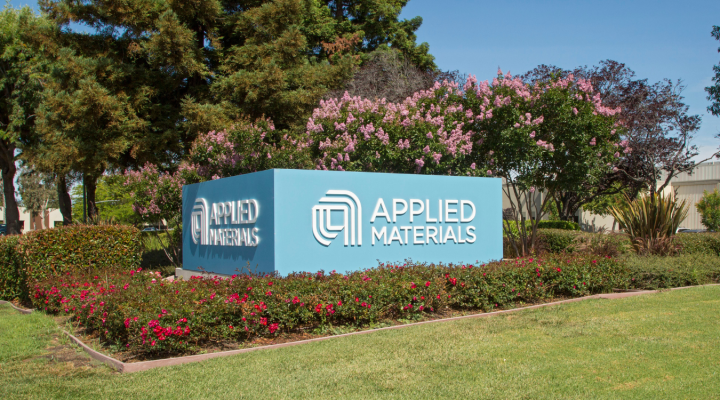Leadership in extraordinary times with Paul Polman

How can we build a more stable and just world after the covid-19 crisis?
The first event of the Leadership in Extraordinary Times broadcast series was a live conversation between Paul Polman and Dean Peter Tufano. Paul is chair of Saïd Business School. He is also co-founder of IMAGINE and Chair of the International Chamber of Commerce. He has lobbied on behalf of the ICC for co-ordinated action across the G20 on COVID-19 and his article How responsible businesses can step forward to fight coronavirus outlining his ideas was recently published on the World Economic Forum site.
Peter is Dean of Saïd Business School. Read his recent article in Harvard Business Review on how the basic model for modern management education is shifting.
Summary
‘This crisis is of such magnitude and has shaken our economic system so much that I think a lot of people are going to ask fundamentally different questions,’ said Paul Polman, Chair of Saïd Business School, in conversation with Dean Peter Tufano on 2 April 2020.
Talking during the first of the Leadership in Extraordinary Times broadcast series, he said that while the Covid-19 pandemic has seen individuals and some 60% of businesses behave with a ‘heroic’ sense of collective responsibility, community, and humanity, it has also exposed profound inequalities in societies and between nations. A sizeable minority of businesses still do not ‘get it’, and have attempted to capitalise on the crisis by increasing prices, stopping payments, short-selling, and calling in loans. ‘We really have to change this,’ he said.
Tufano reflected on the wartime analogies that were common in describing the response to the virus, and observed that, as well as ‘winning the war’, it will also be important to ‘win the peace’. Polman urged governments not to use the need to support economic recovery as ‘an excuse to lower [environmental] standards’, pointing out that ‘the Covid crisis is a direct result of playing around with planetary boundaries’. We all have to be vigilant that plans that are put in place over the long term are aligned with the Sustainable Development Goals.
Specific recommendations for business are:
- Prioritise your employees and keep them safe. This cannot be over-stressed.
- Ensure business continuity. Keep paying your employees where you can, but also ensure that supply chains keep going.
- Help government. It’s a whole-government, whole-society issue and business needs to step up and play a role.
- Be transparent with your shareholders, many of whom have lost confidence: explain what your business exposure is, and what it means for the longer term.
- Think about the future and avoid creating problems that are even bigger than those we have today.





